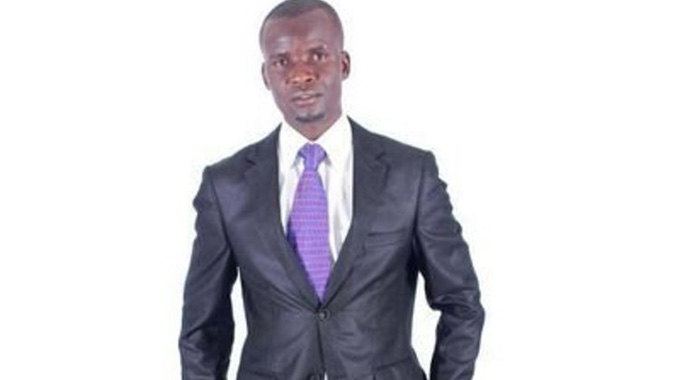Shocking sexual abuse stats in Mbare
Paidamoyo Chipunza Senior Reporter
An average of 113 girls, mostly between the ages of 13 and 15 years, are seeking treatment for sexual abuse every month at one clinic in Mbare, a civil society organisation working against gender based violence has revealed. Speaking at a policy dialogue for Members of Parliament and young women organised by the Southern African Parliamentary Support Trust (SAPST) held in Harare last week, Oasis Zimbabwe chief executive Ms Asha Emmerson said statistics from Edith Opperman Clinic in Mbare indicated that for every girl who is sexually abused, 10 more cases went unreported.
Ms Emmerson attributed the statistics to practices that society has accepted as normal, yet they exposed girls and women to different forms of gender based violence (GBV), which include rape.
Ms Emmerson said despite the shocking statistics, there was also a large gap between reporting, prosecution and conviction of cases of gender based violence.
“It seems there is so much mistrust of the justice delivery system in the community when it comes to cases of gender based violence,” she said. “Some perpetrators are just arrested for a few days and are released, leaving the survivors even more vulnerable.”
Speaking at the same occasion, programme officer with Katswe Sistahood, Ms Debra Mwase said in 2015 alone, about 75 percent of perpetrators of rape against women between the ages of 31 and 40 years were acquitted, while 25 percent withdrew their cases.
She said in instances where survivors were aged between 13 and 16 years, only 16 percent were convicted, while 73 percent were acquitted and 11 percent withdrew charges against the perpetrators.
In his keynote address, Canadian Ambassador to Zimbabwe Rene Cremonese said issues of gender based violence were a global problem, which required a multi sectoral response.
He said while Zimbabwe had made progress towards implementing legislation against GBV, more still needed to be done.
Meanwhile, Medecins Sans Frontiers (MSF) has urged victims of gender-based violence to speak out and seek assistance at the Sexual and Gender Based Violence (SGBV) clinics across the country, report Nesia Mhaka and Mazvita Chada.
MSF provides medical care to survivors of gender-based violence in situations where communities and health structures are overwhelmed.
Speaking at the handover ceremony of a SGBV clinic to the City of Harare by the MSF and the official opening of the adolescent clinic, MSF director Mr Bjorn Nissen said 80 percent of sexual and gender-based violence victims were abused by people they knew, which made it difficult for them to speak out freely.
“Between 2011 and 2018, more than 9 000 survivors of sexual violence received comprehensive care at the clinic,” he said. “Of these survivors, seven out of 10 were children and adolescents below the age of 15.
“In eight out of 10 cases, the perpetrators of sexual violence were people that are known either by the child or family. Therefore, sometimes it is difficult for them to say anything as they will have a close relationship with the abuser.”
Mr Nissen said adolescents tended to speak out when they were in a safe and conducive environment, hence the opening of an adolescents clinic.
“Some of the free services that are offered include Human Immune Virus (HIV) testing, sexually transmitted Iinfections (STI) screening, contraceptives and general health check-ups, among others,” he said.
Mr Nissen encouraged everyone to make an effort to end all forms of violence and to speak out on behalf of those who did not have a voice during the 16 Days of Activism Against Gender Based Violence,.
MSF has been working with the health department at the Mbare Polyclinic where they have decentralised SGBV care to provide free, confidential medical treatment and psycho-social support to the survivors.
There are eight other clinics which provide the same assistance in Harare.





Comments